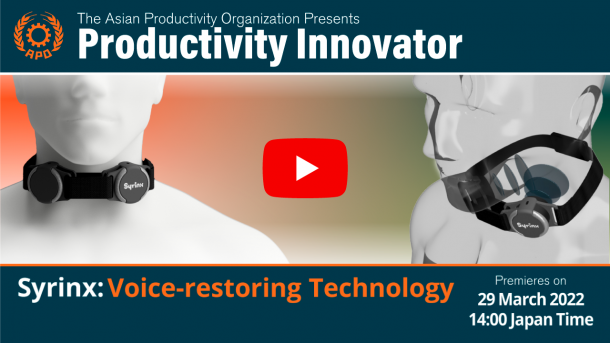Workshop on Talent Development for the Future of Work
Venue - ThailandThe future of work encompasses changes in work, the workforce, and the workplace with significant changes to be anticipated. One is the rise of smart factories and workplaces, undergirded by technologies like intelligent co-robots, management by algorithm, and the Internet of Things. Another is the emergence of the platform economy, where increasing connectivity has created […]





